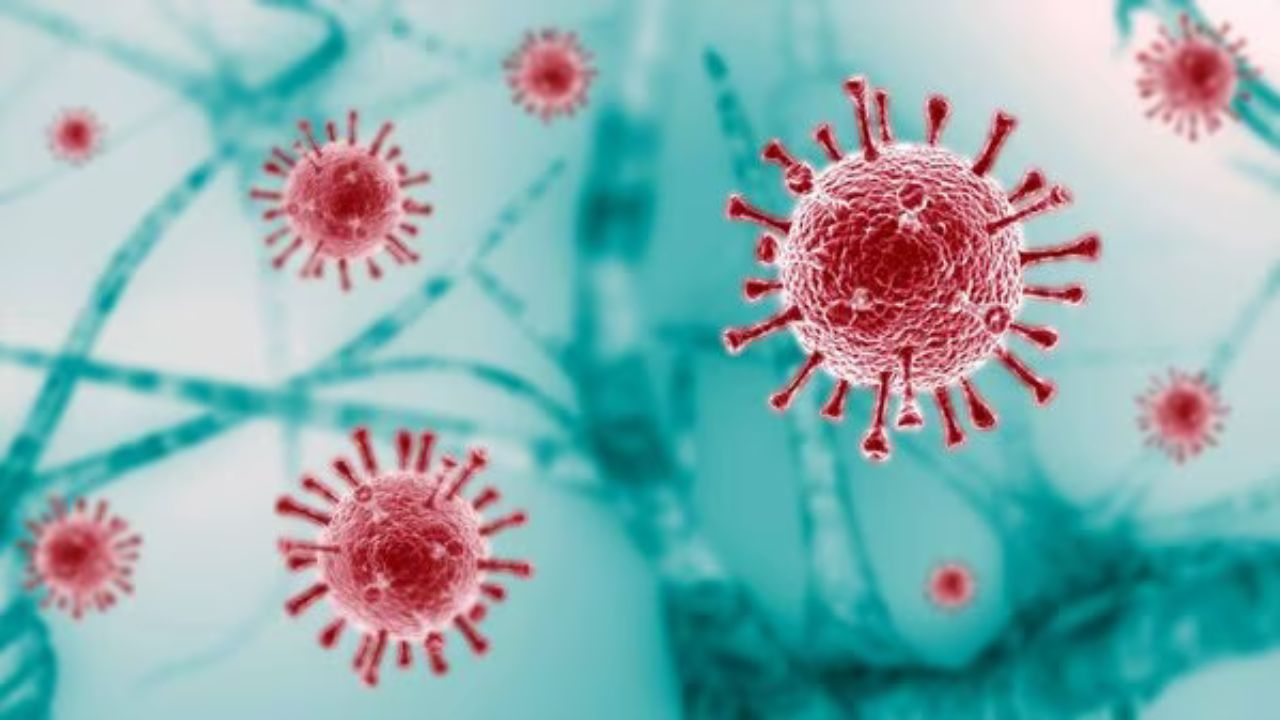In a concerning development, India has witnessed a notable surge in COVID-19 cases, with the detection of the first case of the Coronavirus sub-variant JN.1 in Kerala. The Indian central government’s forum of labs, known as Insacog, identified 19 sequences of the BA.2.86 descendant JN.1, with one case reported in Maharashtra and 18 in Goa.
As of the latest update from the Union Health Ministry, active cases have surged to 2,311, showcasing a concerning rise. The death toll stands at 5,33,321, with Kerala reporting three fatalities in the last 24 hours. Kerala, in particular, recorded 292 fresh COVID-19 infections, contributing significantly to the nationwide surge.
Karnataka Schools on Alert as COVID-19 JN.1 Variant Prompts Advisory:
The surge has prompted an advisory from the Associated Managements of Primary & Secondary Schools in Karnataka (KAMS). Schools in the state are on high alert due to the increasing cases of the JN.1 sub-variant. The advisory recommends precautions such as disallowing ill students from attending classes, regular temperature checks, sanitization of school areas, and mandatory mask-wearing.
With Christmas approaching, schools are declaring holidays and winter vacations. The advisory urges school management to spread awareness among parents about being vigilant and avoiding crowded places. Additionally, schools are advised to take extra measures for students returning from out-of-station trips.
Covid-19: First Pediatric Case of Vocal Cord Paralysis
A new study from the Massachusetts Eye and Ear hospital in the U.S. reveals the first pediatric case of vocal cord paralysis following a COVID-19 infection. The physician-researchers concluded that this paralysis was likely a downstream effect of the viral infection. While post-viral neuropathy causing vocal cord paralysis has been reported in adults, this is the first instance in an adolescent.
What is the New Covid Variant JN.1?
The emergence of the latest COVID-19 variant, JN.1, has stirred apprehension and renewed focus on the potential for an outbreak. Drawing from our collective experiences with the severity of the COVID-19 pandemic, any upswing in cases associated with a specific variant prompts heightened vigilance and a collective sense of alertness.
Understanding the potential impact of this new variant is crucial, along with familiarizing ourselves with the signs of infection and adopting appropriate precautions.
What to Do If Symptoms Develop?
As reports of increased COVID-19 cases surface in various countries, including India, Dr. Sandeep Budhiraja, Group Medical Director at Max Healthcare, emphasizes the importance of alertness and adherence to simple practices when symptoms arise.
“Everyone should wear masks and avoid crowded places. Maintaining a high level of alertness is crucial, and individuals should quarantine themselves if they exhibit signs of infection, following recommended practices to prevent the spread of the virus to others.”
While the current risk of escalation seems low due to similarities between the JN1 and BA variants, caution is strongly advised.
Dr. Lancelot further emphasizes key precautions, stating, “Avoiding enclosed, crowded spaces, and minimizing close contact with sick individuals are paramount. Wearing masks in high-risk situations is advisable, especially for vulnerable individuals. It is crucial to closely monitor comorbidities and ensure they are well-controlled, offering additional protection in the event of illness.”
As we navigate the uncertainties surrounding the JN.1 variant, the importance of maintaining vigilance cannot be overstated. Adhering to recommended preventive measures and staying informed about developments in the ongoing fight against COVID-19 remains essential for the collective well-being of communities. Stay alert, stay informed, and prioritize the health and safety of yourself and those around you.

